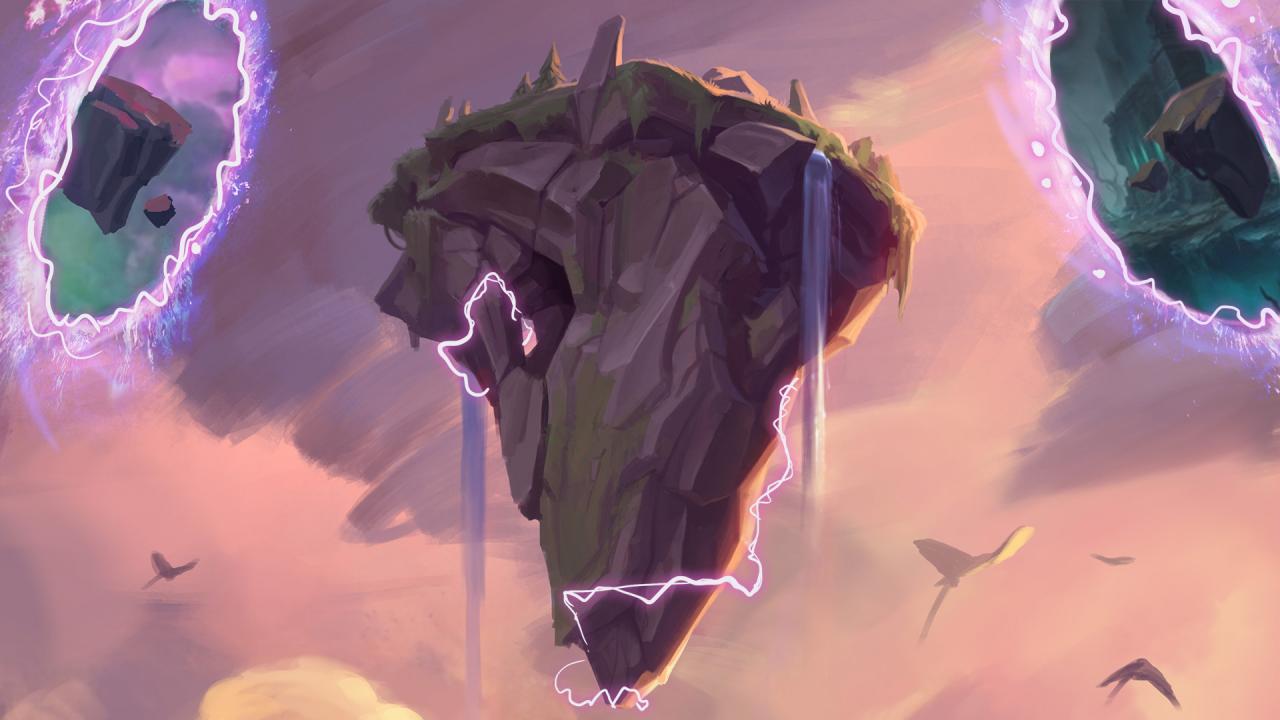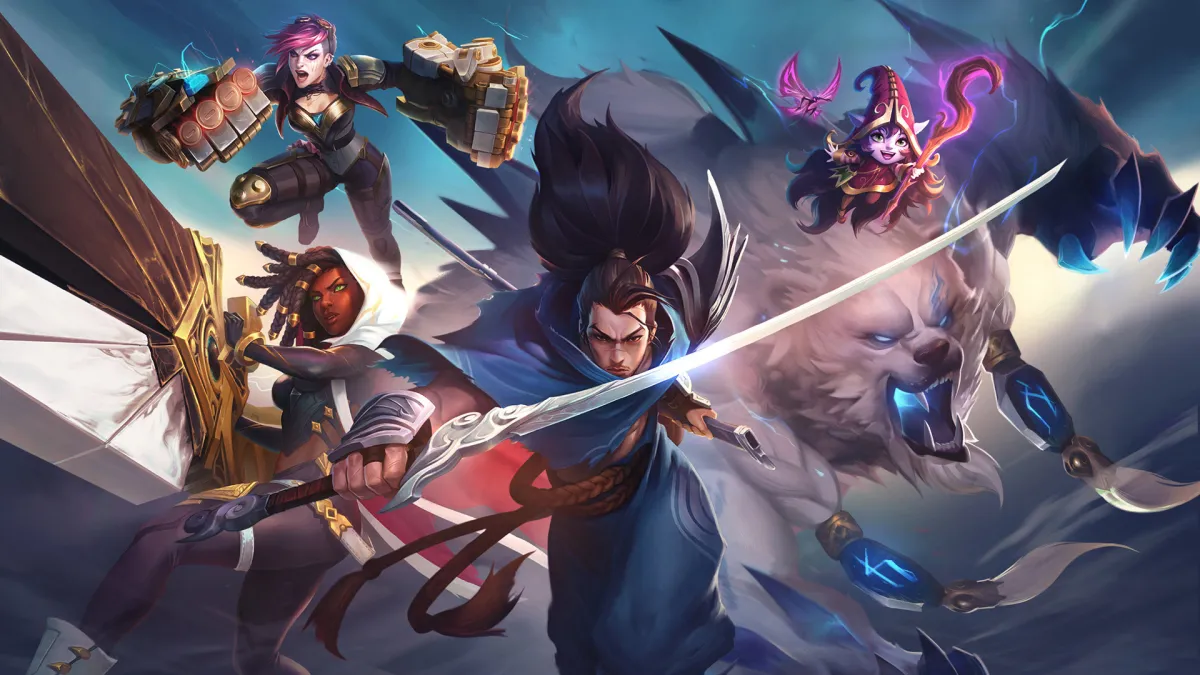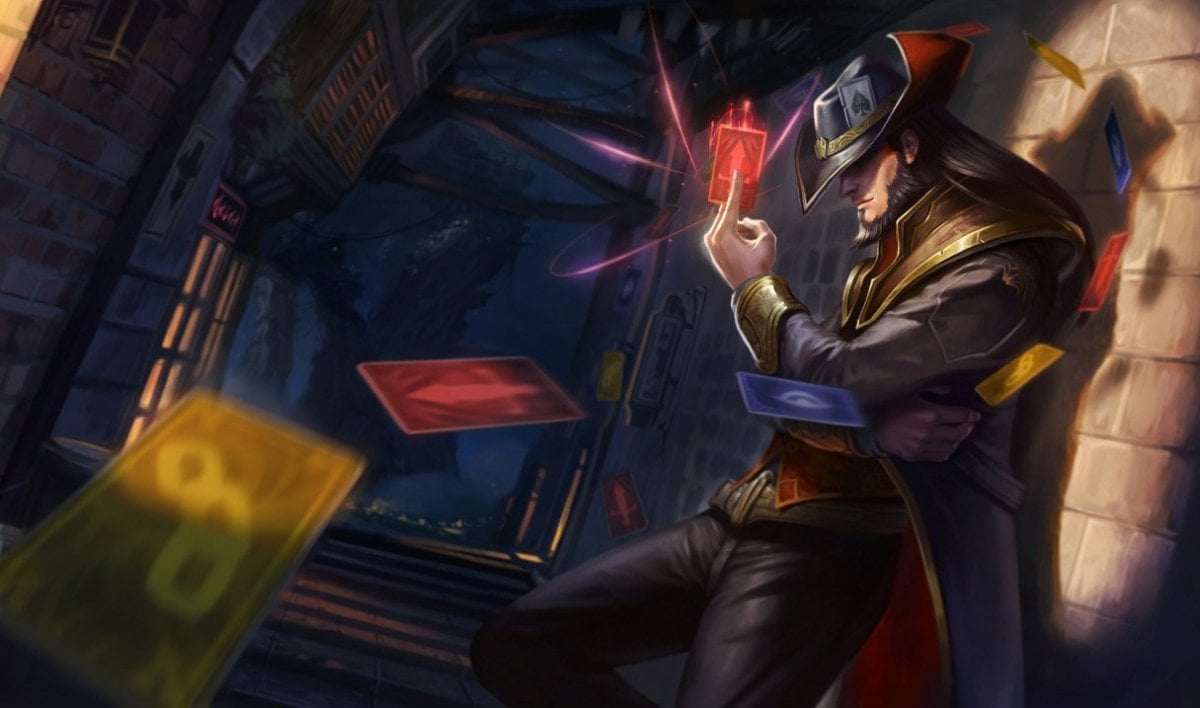Even though Teamfight Tactics match history is coming soon, it may also cause some unintended consequences that compromise the state of the game.
Gene Chorba, who works in developer relations at Riot Games, discussed TFT’s upcoming match history feature in a blog post yesterday. Chorba also informed players using third-party applications, and the fans creating them, of three rules that must be followed to maintain the integrity of the autobattler.
TFT’s match history will be introduced to the League of Legends client soon with Patch 9.19. In its first iterations, players will only be able to see basic information, but Riot plans on evolving the feature over the next few patches.
Match history will also be added into the Riot Games API, which will allow fans to access the data from Riot’s operating system to create third-party applications. Riot encourages fans to create their own applications and make accessing information easier for the player base—as long as it doesn’t affect the integrity of the game.
Chorba outlined three rules that third-party applications must follow.
Don’t reduce gameplay diversity
A third-party application shouldn’t encourage players to tunnel into one item or team composition.
“Each game in Teamfight Tactics contains unique mitigating circumstances that change what ‘optimal’ decisions look like,” Chorba said. “We want third-party tools to accurately represent player mastery as juggling many potential paths to victory… Teamfight Tactics is designed to be more fun when players feel like they have multiple ways to win and are encouraged to pursue those different win conditions.”
Don’t create an uneven playing field
Any application that gives a player an unfair advantage over another isn’t allowed. TFT’s scouting phase, for example, encourages players to look at each other’s boards to determine what items to build, what units to pick up, and how to place their champions. If a tool would do all that for a player, it gives an edge that isn’t healthy to the game.
Don’t play for the player
An application shouldn’t provide so much information that it affects a player’s drafting behavior. A TFT player must have agency in what decisions they make and use their own game IQ to sift through tough choices.
“Knowing the probability of rolling for an exact champion at any given time, or pushing players to re-roll or level up, explicitly chips away at moments where the game is designed to force players to make real-time choices,” Chorbin said.
With the match history schema now available for savvy coders, fans can look forward to some unique TFT applications to improve the autobattler’s quality of life.






Published: Sep 27, 2019 09:59 am